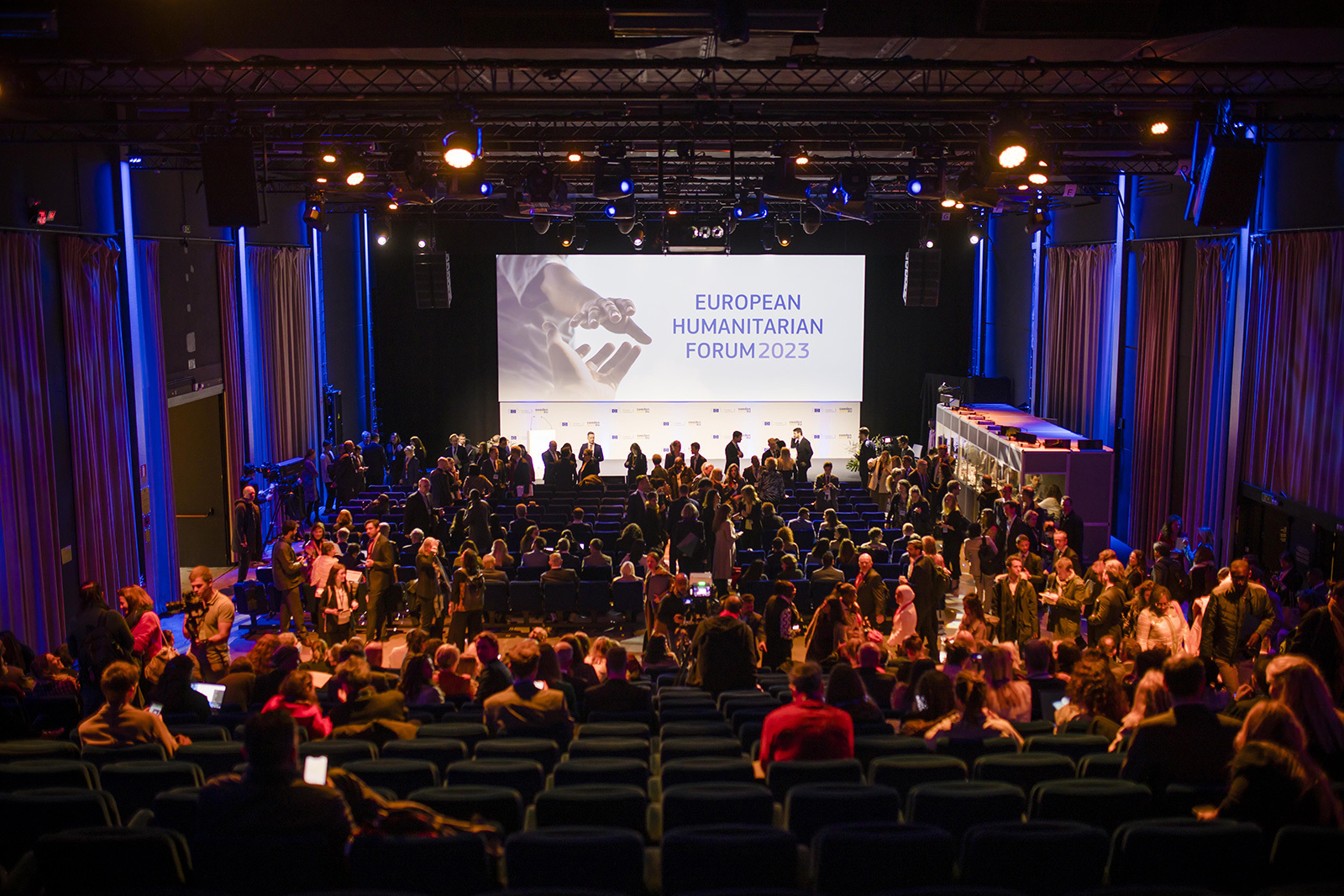Panel sessions
The EHF 2024 panel sessions will consist of moderated discussions among the wider humanitarian- development community, including EU institutions, EU Member States, third countries, partner organisations, local humanitarian actors, UN agencies, the Red Cross/Red Crescent family and academics.
Humanitarian Talks
Humanitarian Talks provide a space for discussion running in parallel with the EHF panels and an opportunity for focused exchange on concrete deliverables as well as on more specific humanitarian issues and crises that will not be addressed in the EHF24 panel sessions.
Humanitarian Talks complement the EHF programme with hands-on discussions, which reinforce the
“concrete delivery” aspect of the Forum. Proposed and led by partners and Member States, they offer an
alternative platform for humanitarian stakeholders to contribute and thematically complement the core
agenda of the event.
The Talks will showcase initiatives and discussions driven by partners, Member States and practitioners.
Recorded Humanitarian Talk, Organised by : Plan International
The number of people suffering from severe food insecurity worldwide is increasing through the combined impacts of climate, conflict, global increase of costs, and demographic growth. The international community currently responds to structural food insecurity and cyclical surges in needs with costly, short-term packages, weighing heavily on humanitarian donors. This event will bring together key stakeholders linking humanitarian assistance with resilience-building interventions and social protection, exploring opportunities to leverage existing national programmes to deliver aid more efficiently, whilst also adapting and designing them to be responsive to current and future shocks. The session will showcase promising examples from current models in fragile settings, highlighting the need to transition from costly, short-term emergency responses, to more sustainable, government-led assistance delivery models in protracted fragile, and conflict-affected settings. The models presented include the experience of transitioning from humanitarian cash to building shock responsive social protection systems in Somalia, and an approach proposed in the Sahel aiming to pool resources across the humanitarian-development nexus, increase communities’ resilience, and reduce humanitarian needs over time by tackling structural drivers of food insecurity. The models will highlight an emerging consensus among key governmental and international stakeholders to move beyond the traditional, reactive response to predictable shocks, such as those falling within lean seasons.
Session organised by:
- WFP
- FAO
- Global Network Against Food Crises

